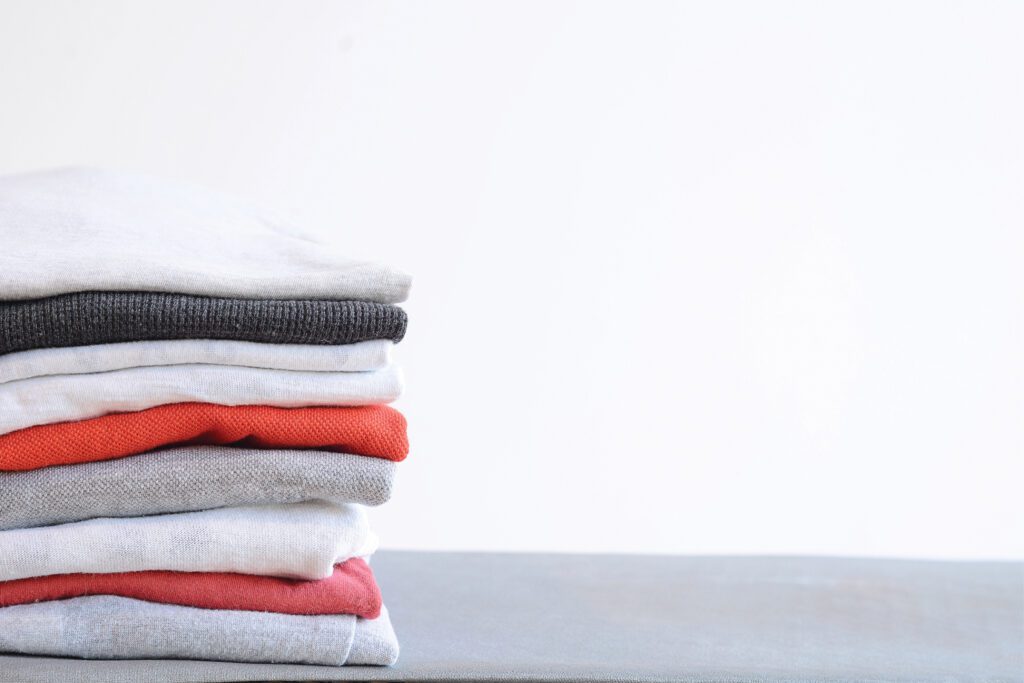Benefits of Chores in Children’s Maturation
As a working mom, I often felt like I had two jobs, if not three. I worked, did household chores, and parented. So, when our daughter was three, we decided she should start helping around the house. We asked her to put her clothes in the laundry basket, help make her bed, and make sure our golden retriever had food and water. At first, she was hesitant. But we explained that we were a family, and everybody needed to contribute to help our household run smoothly.
Avoiding Pitfalls & Seeing the Benefits
That was certainly not the end of the discussion, and plenty of struggles took place over the years. I don’t think I will ever forget when Ashley was 7, and I found clean clothes in her dirty laundry basket. That’s the day she began doing her own laundry. Somewhere around this time, she also decided we should pay her to do her chores. The response to that was, “Your mom and dad don’t get paid to do chores and neither will you.” Perhaps that sounds harsh, but attaching money to chores adds a whole new level of drama. What if they decide they don’t care about the money enough to complete the chore? Another argument I often hear is, “It’s just not worth it. I can’t handle all the arguing, so I just do it all myself.”

I think it’s really important for parents to consider how assigning chores can benefit children. Children learn responsibility and time management while also developing confidence in their abilities. These responsibilities help them understand the importance of a good work ethic and taking pride in their accomplishments – things that will serve them well throughout life.
Children who help around the home can also benefit by gaining feelings of belonging, knowing that they are contributing to the family. While they may not be able to express it at a young age, feeling valued and seeing that they are making a difference is significant.
Lessons Learned
Early on in my parenting journey, a friend shared that on her son’s birthday each year, the family discussed that he had shown he could handle more responsibility and would be given the “opportunity” to add some things to his list. It became like a rite of passage.
Similarly, we added to our daughter’s responsibilities as she grew to help her develop important skills.Our daughter is 25 now, but I can remember plenty of challenging chore moments over the years. Many featured spirited discussions, the shedding of tears, and from time to time, missed opportunities with her friends because chores weren’t done on time. There’s no question, however, that all of those moments prepared her to live independently.
Is the whole chore thing a real hassle sometimes? Absolutely. That’s when we have to remind ourselves of the bigger picture. This is about teaching our kids how to contribute to society and how it feels to pitch in for the benefit of the group as a whole instead of only being served.
Age-Appropriate Chores
According to the University of Arkansas System, here are some examples of age-appropriate chores:
2 – 3 Years Old
Put toys away, dress themselves, help sort silverware, pull weeds, throw trash away
4 – 5 Years Old
Help feed pets, clear dinner table, make bed to best of their ability, water plants, sort clothes
6 – 7 Years Old
Put laundry away, wipe tables and counters, vacuum and sweep floors, rake leaves
8 – 9 Years Old
Help prepare meals, make their own lunch, load and unload the dishwasher
10 – 11 Years Old
Clean kitchen and bathrooms, change bedding, mow the lawn, do laundry
12+ Years Old
Wash the car, help grocery shop with list, cook complete meal, babysit younger siblings


Julie Baumgardner
President and CEO, First Things First

